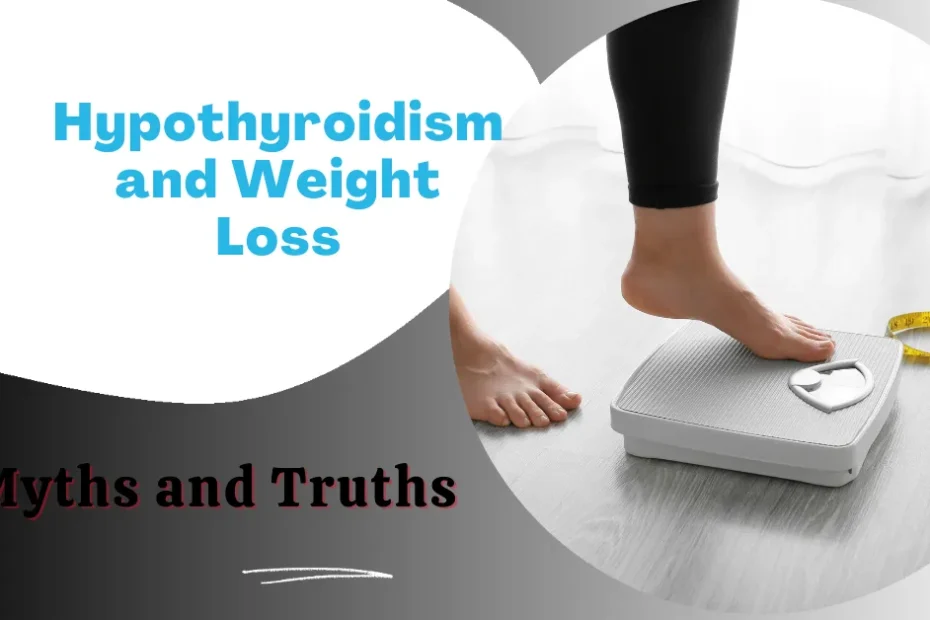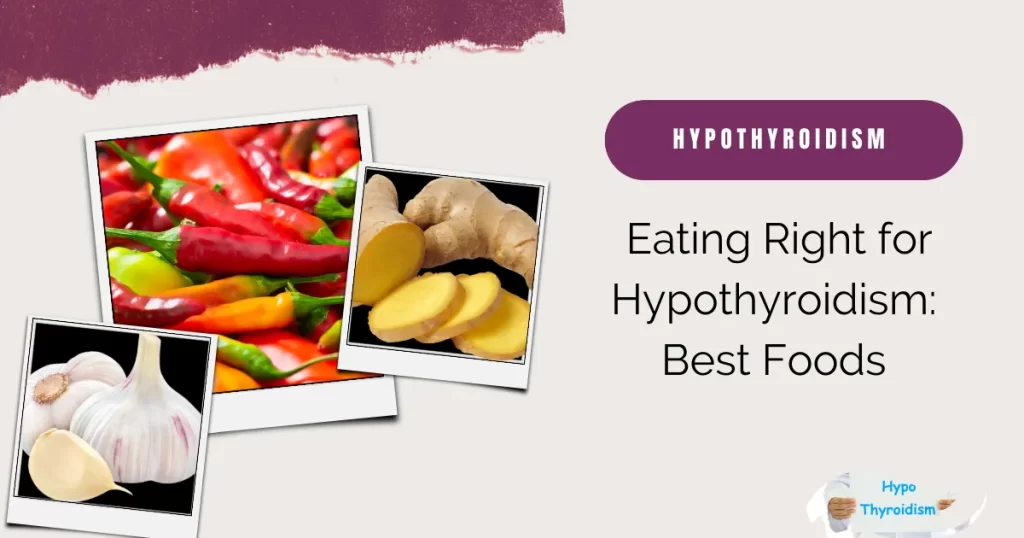Myths and Truths About Hypothyroidism and Weight Loss
Losing weight with hypothyroidism can feel like an uphill battle—but how much of what you’ve heard is actually true? There’s a lot of misinformation online about hypothyroidism and weight loss, making it difficult to know what really works and what’s just a myth. From claims that weight loss is impossible with a slow thyroid to miracle diets that promise overnight results, it’s easy to feel overwhelmed.
In this article, we’ll separate the myths from the truths about hypothyroidism and weight loss. Whether you’re newly diagnosed or have been managing the condition for years, understanding the facts can help you make better choices for your health, metabolism, and long-term weight goals.
Let’s uncover what really helps—and what doesn’t—when it comes to losing weight with an underactive thyroid.
When it comes to hypothyroidism and weight loss, misinformation is everywhere. Many people follow dietary trends or avoid certain foods based on myths rather than science. To help you make informed decisions, we’ve debunked some of the most common myths surrounding diet and thyroid health.
| Myth | Truth |
|---|---|
| Myth 1: Certain Foods Can Cure Hypothyroidism | Truth: No food can cure hypothyroidism. It is a chronic medical condition that typically requires daily thyroid hormone replacement therapy. A healthy diet can support overall wellness but is not a cure. |
| Myth 2: Gluten-Free Diet Improves Thyroid Function | Truth: A gluten-free diet is only essential for individuals with celiac disease or gluten sensitivity. For most people with hypothyroidism, eliminating gluten has no proven effect on thyroid function or weight loss. |
| Myth 3: Soy Products Worsen Hypothyroidism | Truth: Moderate consumption of soy foods is generally safe. Although high intake might slightly affect thyroid function in certain individuals, there's no need to avoid soy entirely unless advised by your doctor. |
| Myth 4: Cruciferous Vegetables Should Be Avoided | Truth: Broccoli, cauliflower, and cabbage are healthy and safe to eat in normal amounts. Their impact on iodine absorption is minimal, especially when cooked and consumed as part of a balanced diet. |
| Myth 5: A Specific Diet Can Reverse Hypothyroidism | Truth: While a nutritious diet supports overall health and weight management, it cannot reverse hypothyroidism. Consistent medication and monitoring remain essential for managing the condition effectively. |
Understanding the facts about hypothyroidism and weight loss can help you avoid false promises and focus on what truly works.
Hypothyroidism vs Hyperthyroidism
Hyperthyroidism refers to an overactive thyroid (when it produces too much thyroid hormone); hypothyroidism refers to an underactive thyroid (when it does not produce enough).
Hypothyroidism is a clinical condition characterized by low or underactive laboratory levels of thyroid hormone, resulting from the thyroid gland not producing enough of the hormones the body requires.
Hypothyroidism and Weight Loss – Healthy Choices
Hypothyroidism results from a deficiency of iodine in the body; therefore, eating foods rich in this mineral can help you deal with the symptoms of this disorder.

People who suffer from hypothyroidism need to learn to practice new eating habits. Learning new eating habits can help treat a lot of thyroid glands that you may not have, so you need to continue taking the drug, especially if you catch it in its early stages.
Essential Nutrients for Hypothyroidism and Weight Loss
Managing hypothyroidism and weight loss can be difficult, but the right nutrients can support thyroid function and improve metabolism. This table highlights essential nutrients and their food sources to help you feel better and lose weight more effectively.
| Nutrient | Why It’s Important | Food Sources |
|---|---|---|
| Iodine | Essential for thyroid hormone production. Helps regulate metabolism and energy levels. | Iodized salt, seaweed, seafood, dairy products, eggs |
| Selenium | Supports conversion of T4 to T3 hormone. Reduces inflammation in the thyroid gland. | Brazil nuts, tuna, salmon, chicken, eggs |
| Zinc | Regulates thyroid hormone production and supports immune function. | Oysters, beef, poultry, lentils, chickpeas |
| Vitamin D | Influences thyroid function and helps balance hormones. Often low in people with hypothyroidism. | Fatty fish, fortified dairy, egg yolks, sunlight exposure |
If you're dealing with hypothyroidism and weight loss challenges, including these nutrients in your daily diet can improve your thyroid function and support healthy weight management. Always consult a healthcare provider before making significant dietary changes or starting supplements.

